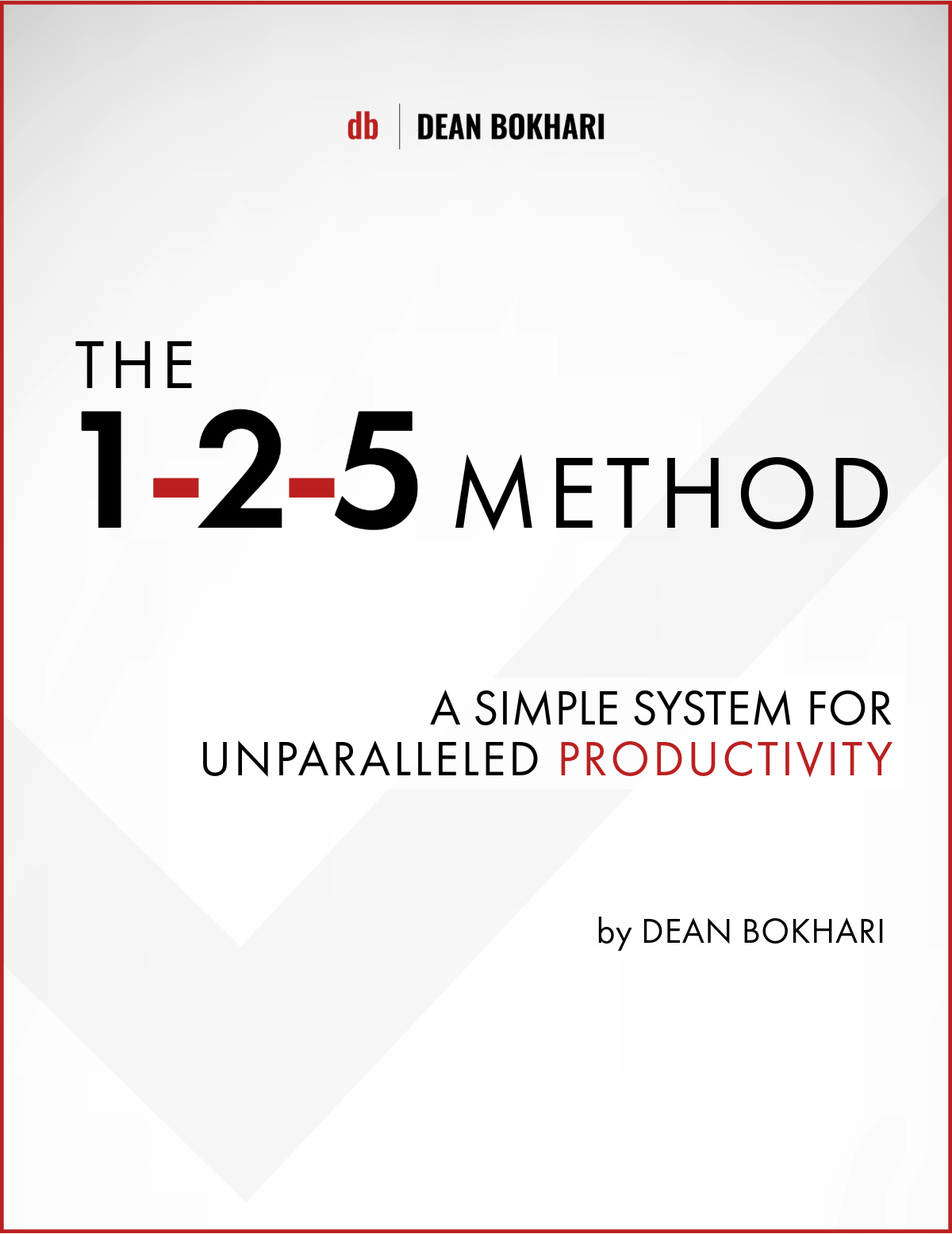STOP PRETENDING TO WORK
"In the most dysfunctional organizations, signaling that work is being done becomes a better strategy for career advancement than actually doing work (if this describes your company, you should quit now)."- Peter Thiel
The inspiration for this post comes from the quote you just read. I came across it while I was reading billionaire investor Peter Thiel's book, Zero To One (awesome book).
It got me thinking about a couple things:
- Just because your employees are *at work* does not mean they're *doing the work.*
- Why the heck do so many people pretend to work?
... Then I started remembering my own foray in the corporate world. Almost everyone pretended to work.
People would send out stupid emails to highlight something that was already part of their job description, simply so that it could be seen by their boss... and then of course, the boss wants to show off how excellent of an employee he has -- so then he forwards that email over to his boss.
This then, gets read by the big boss... and then it gets passed up to the big, big, boss.
Until next thing you know, some dumb ass just got a promotion because he was good at writing emails about himself.
Ahh, and lets not forget the other aspect of pretending to work...
The "We're Making Progress" Guy
The "We're Making Progress" Guy is a super douche. He pretends to work all day long. But rarely gets a damn thing done. He's great with his boss. He's great with his peers (sometimes). He's great with a lot of things. Just not his job. Or at getting actual results.
Every time you email this idiot, he makes up an excuse about how there's headway being made on X... this is pure bullshit. He is not doing his job.
But why isn't this dumb dumb doing any work?
One reason is this: you aren't giving him the correct reasons to do so.
Put yourself in the average employee's shoes for a second. He looks around and realizes that the organization places high value on individuals that are capable of making it seem like they're getting a great deal of work done. He sees that Joe Blow, who makes really badass presentations and gets along really well with his boss, seems to get ahead without really doing much work... He then observes that Joe Blow is just really good at pretending to work... He notices how Joe Blow raises his hand a lot at meetings. He notices that Joe Blow has great social skills, and that he's good at making people feel good. And these are wonderful qualities... WHEN they're paired with integrity, intelligence, and the capability to DO THE WORK.
... but when someone's great at handling people, but happens to be a lazy chump that never works (like Joe, for example) -- then you have a recipe for a dysfunctional organization. Because when Joe gets promoted or praised for a "job well done" when in fact he didn't do a God damn thing to deserve it -- well, then, you've got a problem on your hands.
You've got a problem because now you've shown everyone else that your organization values someone who makes it seem like they're getting a lot of work done. When in fact they aren't doing shit.
So, guess what? Now everyone else begins to follow suit.
Why? Because we all want to advance our careers and businesses. And if you've got employees, then you should know that it's likely that they do not care about your business as much as they care about their ability to advance their careers.
So what do you do to get people to work?
If you want to get employees to put in the work, here's what you do:
1. Give them Autonomy: give them control over the work they're supposed to do. Don't micromanage. Give them the opportunity to get it done on their own.
2. Give them Meaning: they should know WHY they're doing what they're doing. They should know WHAT the results they're after actually are. And they should know HOW to get it done.
3. Allow for Mastery: naturally, we enjoy doing those things that we're skilled at doing. If an employee isn't particularly skilled at one position, give them the opportunity to shuffle into another position that they might be better at (rather than firing them). Help them find and fill a position that prevents them from pretending and instead, puts them in a position to hone in on something that they're skilled at doing.
For a great example of the above, check out Daniel Pink's TED talk below (gleaned from his best-selling book, Drive: The Surprisingly Simple Truth About What Motivates Us)
LIVE LIKE YOU GIVE A DAMN,
Dean Bokhari
- If you find the podcast helpful, please rate + review it on Apple Podcasts »
- Got a Self-Improvement question you'd like me to cover? Submit it here »
"Dean Bokhari's Meaningful Show is the Self-Improvement Podcast I've been
waiting for. It's actionable, inspiring, and BS-Free." —Brett Silo
✨ New Series: How to Become an Early Riser
- Discover key methods to make early rising a habit
- How to wake up early + energized every morning
- Morning routines for health + success
Free self-development courses
👇
Tap on any of the courses below to start learning how to:
- boost your productivity (withGTD),
- get focused (with Deep Work),
- design a successful + fulfilling life (with The 7 Habits course),
- or learn the art of influencing others (with the How to Win Friends & Influence People course.)
All for free.
👇
Free life guides
👇
Best-selling Self-development courses by Dean Bokhari
Kill procrastination.
|
Get stuff done.
|
Get motivated.
|
Connect with anyone.
|
freshly pressed:
Top Audiobooks narrated by Dean Bokhari on audible | |
Book summaries
- The Power of Habit by Charles Duhigg
- 12 Rules for Life by Jordan B. Peterson
- Presence by Amy Cuddy
- Leaders Eat Last by Simon Sinek
- The ONE Thing by Gary Keller, Jay Pasan
- Deep Work by Cal Newport






































